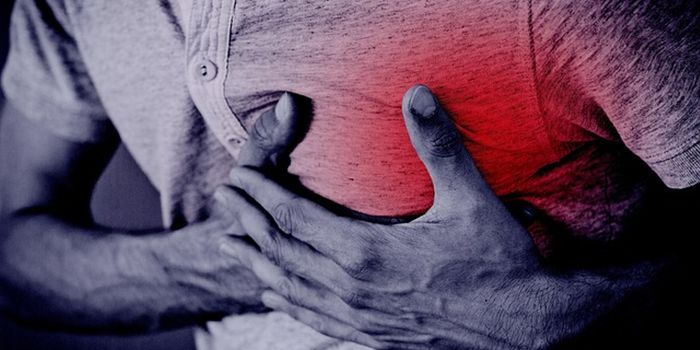Protecting the Heart Against Damage from Mechanical Stress
Heart failure is a traumatic event that can have long-lasting consequences. Often, after an adverse cardiac event, the heart gets damaged, and the repair process isn’t always straightforward.
When it comes to the heart, any change is a big one. Some think that gaining muscle in the heart might make it stronger, but it actually makes it harder for it to beat. After a heart attack and other such events, the repair process can often leave extra muscle or other tissue. Protecting the heart from these changes is a critical area of research, and a team from the National Institutes of Natural Sciences in Japan wanted to help. Their new study investigated the role of a protein P2Y6R and how it could be targeted to protect the heart from muscle gain after mechanical stress damage.
P2Y6R is a purinergic receptor, a protein found at relatively high levels in the heart compared to the rest of the body. This family of receptors has a role in cardiac muscle growth and cardiac fibrosis. The team had previously worked on P2Y6R, and already know that its activation could suppress cardiac remodeling under pressure overload. They now hypothesized that if P2Y6R deficiency might suppress the negative cardiac muscle growth seen after mechanical stress.
They began simply by knocking out P2Y6R expression in a cell assay and examined what happened after simulating pressure overload. Cell damage and hypertrophy were significantly reduced in P2Y6R deficient group. With this positive data, they moved into a mouse model.
The team intended to examine how P2Y6R deficiency affected mice in simulated heart failure in the mouse model. Unfortunately, many P2Y6R deficient mice quickly died after heart failure simulation. Surviving P2Y6R deficient mice did show suppressed cardiac hypertrophy, however, consistent with previous experiments showing protective effects.
This study showed two very different results. In mice, P2Y6R deficiency had a high death rate, even though those that survived saw the expected results. However, cell assays showed no adverse effects. The team suggests it could have been several issues, ranging from the method of inducing the P2Y6R deficiency to the mode of P2Y6R activation. In vivo experiments can often go wrong, as one change can easily lead to a huge effect.
The study concludes, “In conclusion, although P2Y6R in cardiomyocytes definitely plays a key role in mechanical stress-induced cardiac remodeling, our results provide solid evidence that systemic inhibition of P2Y6R fails to prevent heart failure after pressure overload in mice.”
Sources: Nature Scientific Reports, khanacademymedicine









